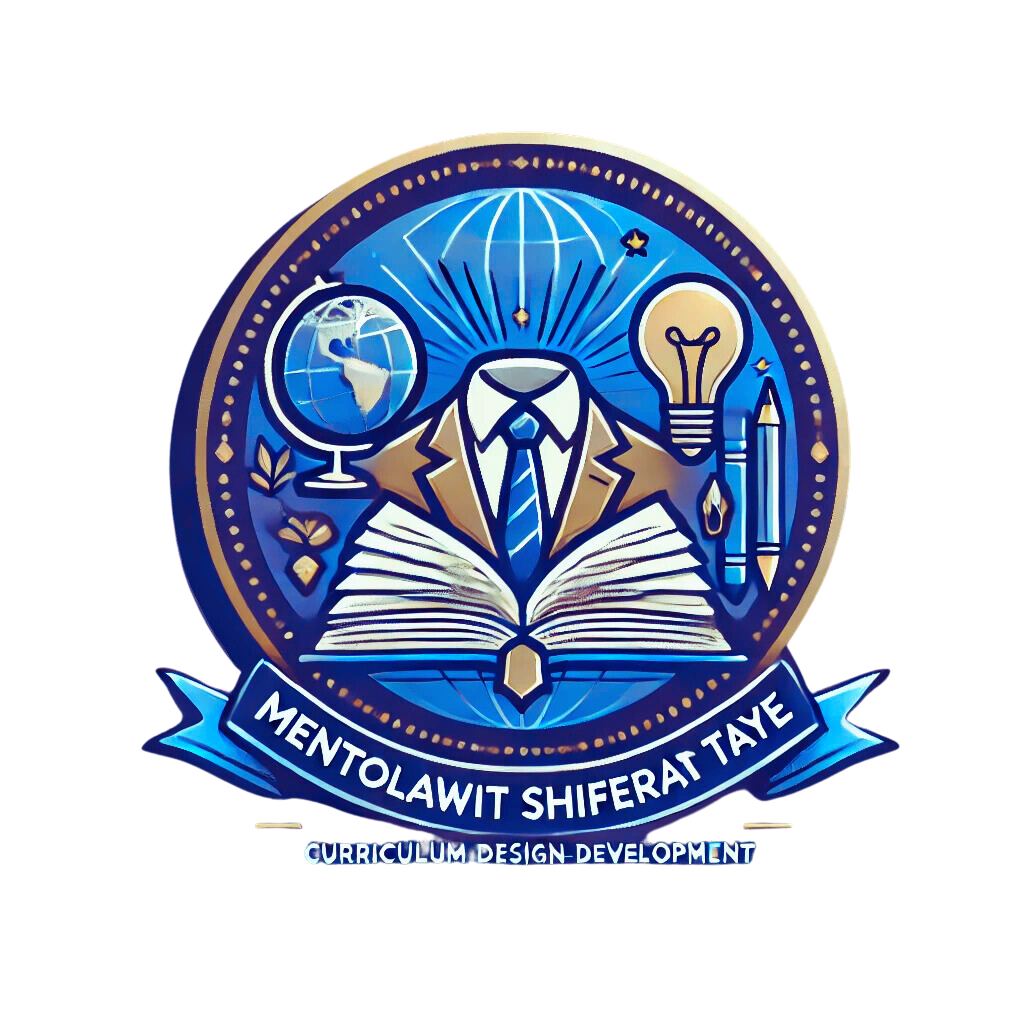IN THIS LESSON
We’ll explore how writing deepens scientific thinking and inquiry. You’ll learn how to guide students through evidence-based writing using the Claim-Evidence-Reasoning (CER) framework and support them in producing clear, purposeful lab reports.
We'll break down how to scaffold writing in science so that students move from observation to explanation—and from copying definitions to constructing their own understanding.
By the end of this lesson, you will:
✅ Understand the purpose and structure of the CER framework
✅ Learn how to support students in writing meaningful lab reports
✅ Use sentence frames and graphic organizers to scaffold scientific writing
✅ Identify common writing challenges in science and ways to overcome them
✅ Access a CER Writing Framework Worksheet and sample science writing models
Action Item
Download📝 1. CER Writing Framework Worksheet Pdf
Download 📝 2. Sample Student CER Response Pdf
Download 📝3. Lab Report Template Pdf
Download 📝 4. Scaffolded Sentence Frames for CER Pdf
Supplemental Resource 1: Graphic Organizer – CER Planning Chart Pdf
Supplemental Resource 2: Science Vocabulary Word Bank Pdf
Supplemental Resource 3: Instructor Quick Guide – Common Writing Challenges in Science Pdf
-
📰 Helpful Articles & Blog Posts
“The CER Framework: Helping Students Think Like Scientists” – National Science Teaching Association (NSTA)
“Scientific Explanations and Writing to Learn” – Edutopia
“Why Students Need to Write in Science Class” – ASCD
-
Produced by: Science Teacher Vlog
Length: Approximately 10 minutes
Overview:
This video provides a practical walkthrough of implementing the Claim-Evidence-Reasoning (CER) framework in a science classroom. The educator shares strategies for introducing CER to students, scaffolding their understanding, and assessing their written explanations. -
-
The Science Teacher’s Toolbox – (Jossey-Bass Teacher Series)
→ Includes writing strategies, CER applications, and NGSS-aligned supportsReading and Writing in Science – Scholastic or Heinemann guides
Sticky note CER templates – For exit tickets or bell-ringers
-
Google Docs for collaborative CER writing
Padlet – for students to post CERs and peer comment
Flip (Flipgrid) – for oral CER explanations (great for ELLs and younger grades)
-
Mini Anchor Chart – Claim • Evidence • Reasoning + Sample
"What’s Missing?" Practice – Given a partial CER, students identify what part is missing
CER Self-Assessment Checklist – Student-facing checklist: “Did I state my claim clearly?”, “Is my reasoning connected to the science?”
-
“Which part of the CER framework do your students struggle with most—claim, evidence, or reasoning?
What scaffolds have helped?”

